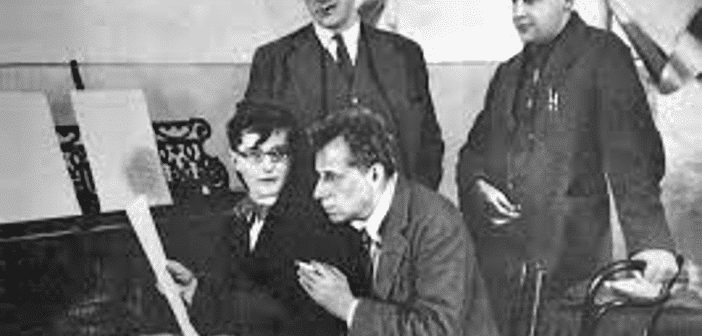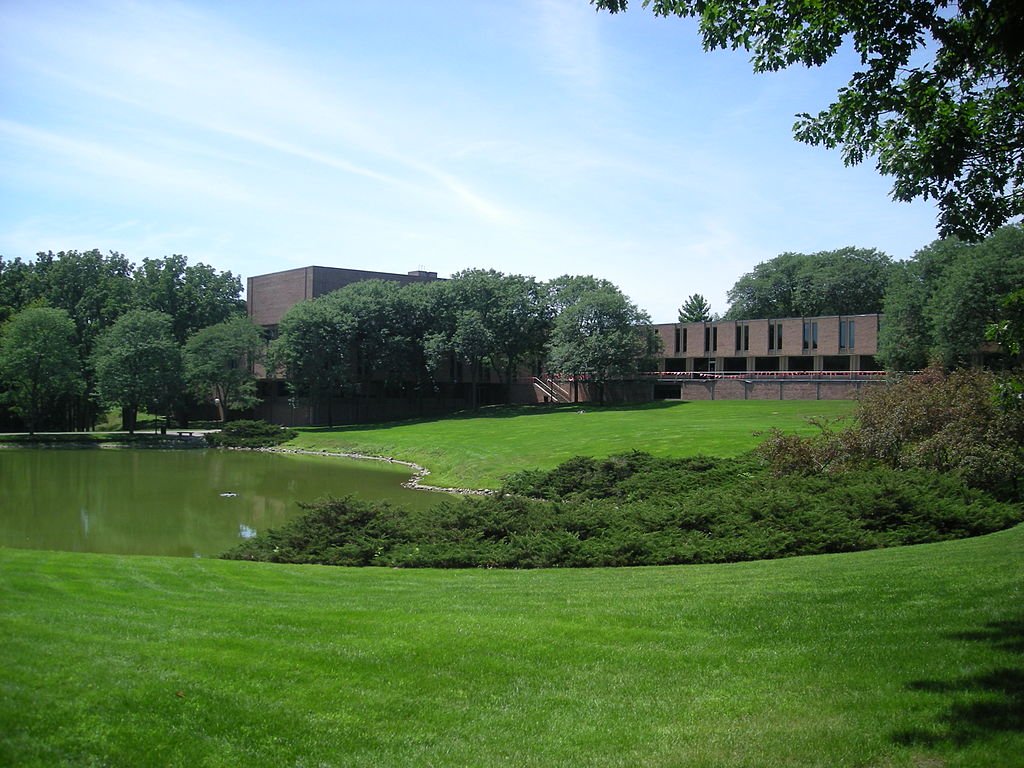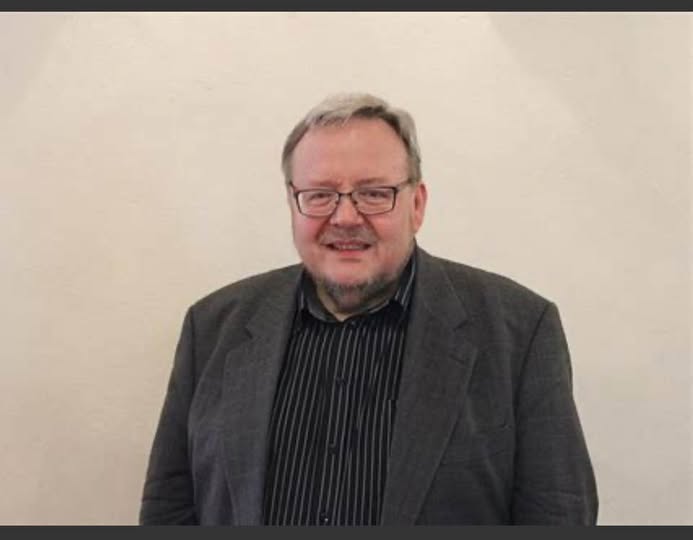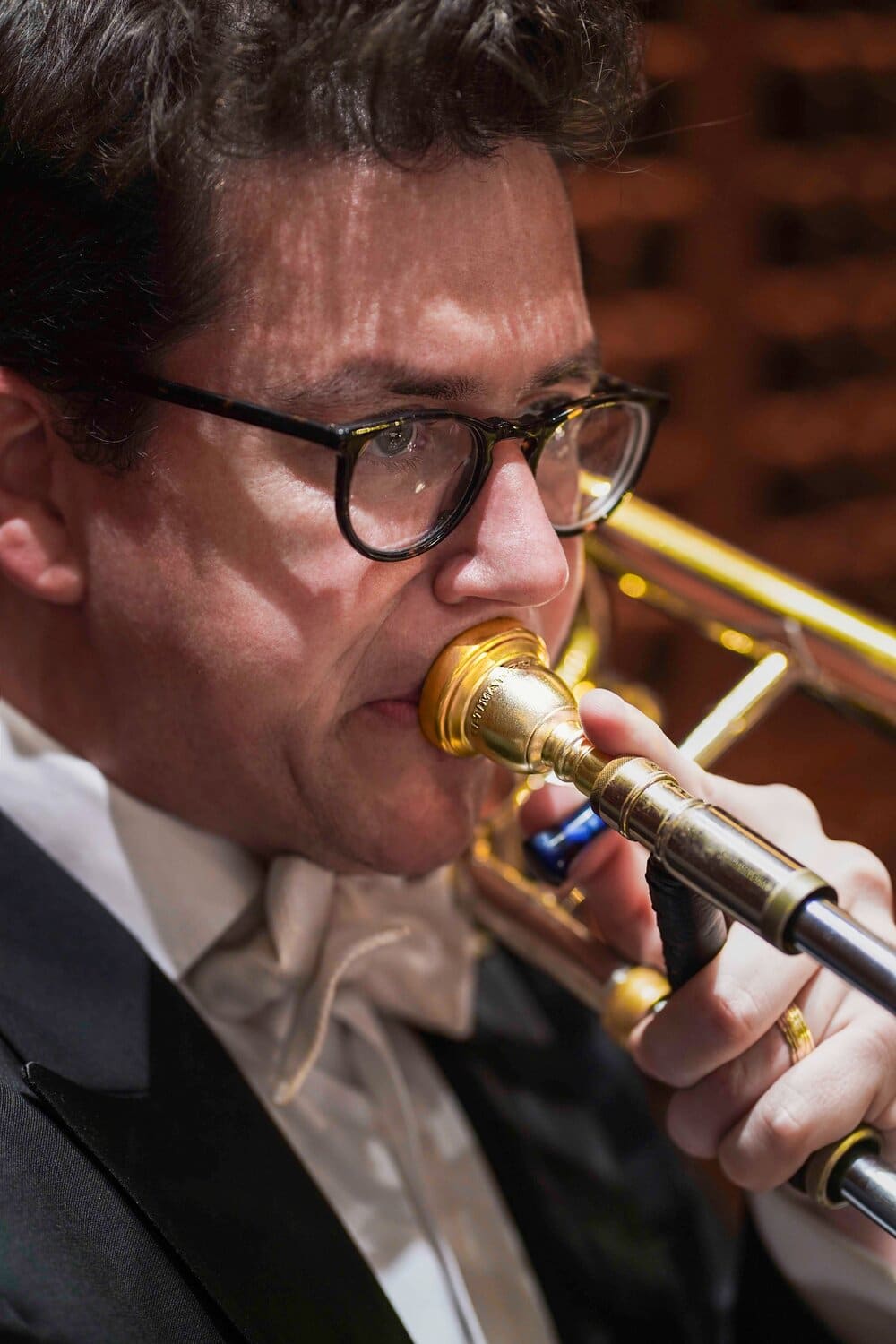This release gives us all that we’re missing
mainFrom the Lebrecht Album of the Week:
…. These live recordings from the Barbican demonstrate Noseda’s tendency to go for a tight close-up when an individual player or section shines bright, and for a wider view when Shostakovich lapses into one of his mumbling equivocations and melancholic slumps. The 10th symphony loses a notch or two of tension in the finale and the recorded sound is constipated by the Barbican’s acoustic shortcomings. But the release gives us what we most crave right now — an experience, or at least a simulacrum — of live orchestral music in all its colours and frailties. You won’t be disappointed.
Read on here.
In The Critic.
More languages follow.






Comments